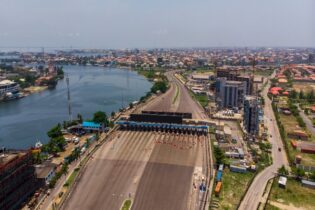Engineering firm Sanyati, which employs about 2 500 people and is black-empowered, is about to be liquidated. The reason is that government has not paid Sanyati for the work done for it.
Sanyati rehabilitated roads. This was part of South Africa’s infrastructure programme, worth over R3 trillion. But often it did not get paid for its contracts performed. Its cash flow stopped and the bank froze its overdraft. According to Sanyati’s former CEO, Malcolm Lobban, South Africa has systemic incompetence and corruption in its provinces and municipalities, especially in the Free State, Limpopo and KwaZulu- Natal.Other construction firms such as Basil Read and WBHO have also been hit hard by non-payment. Occasionally a company might use non-payment as an excuse for its own flaws and poor tendering, but reports of late payment or non-payment to big and small firms doing work for the government are so widespread that it is clearly an extremely serious problem. It threatens not only our infrastructure, but the functioning of government itself.
The Treasury seems to recognise the problem and has placed some road departments in the Free State, Limpopo and Eastern Cape under national administration. But this is not nearly enough.
The problem is not lack of money. The government’s one efficient agent is the taxman, who brings it vast amounts of money. In fact, often government departments cannot spend the money they get. The problem is that departments have totally incompetent and unqualified people in posts. Many of them are simply deployed cadres, owing their jobs to political connections. There is a huge turnover in these positions, so there is no “institutional memory”. And there is widespread corruption with tendering and procurement.Source: The Citizen






